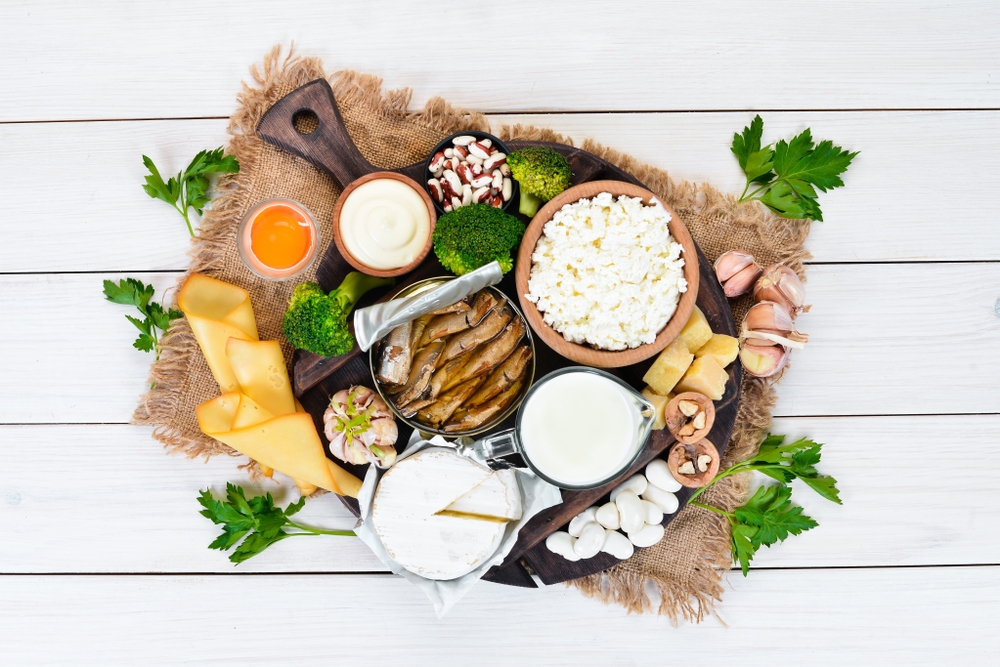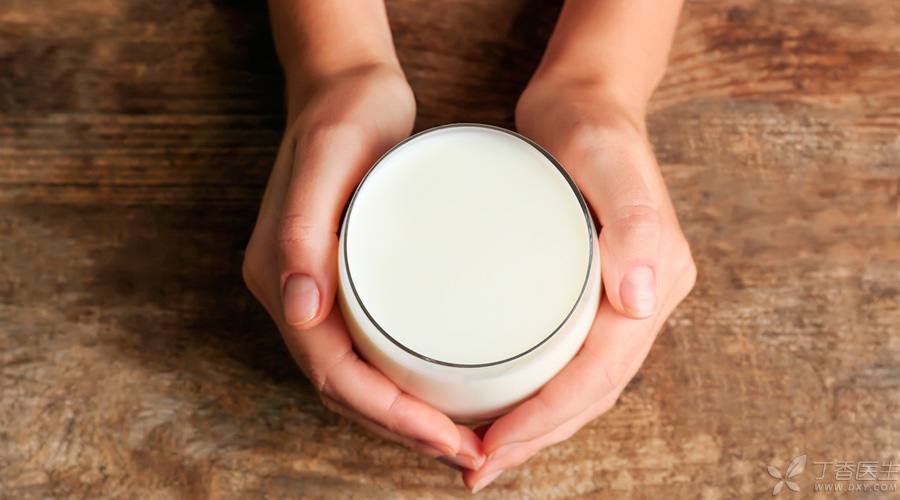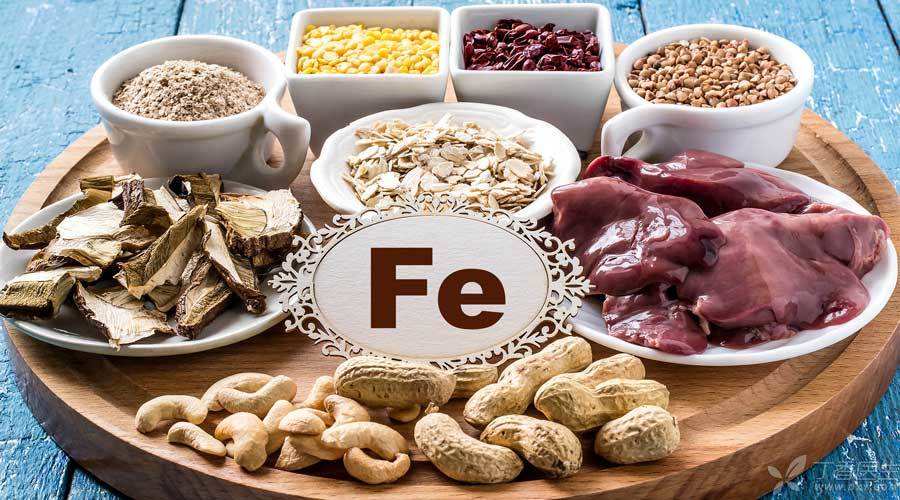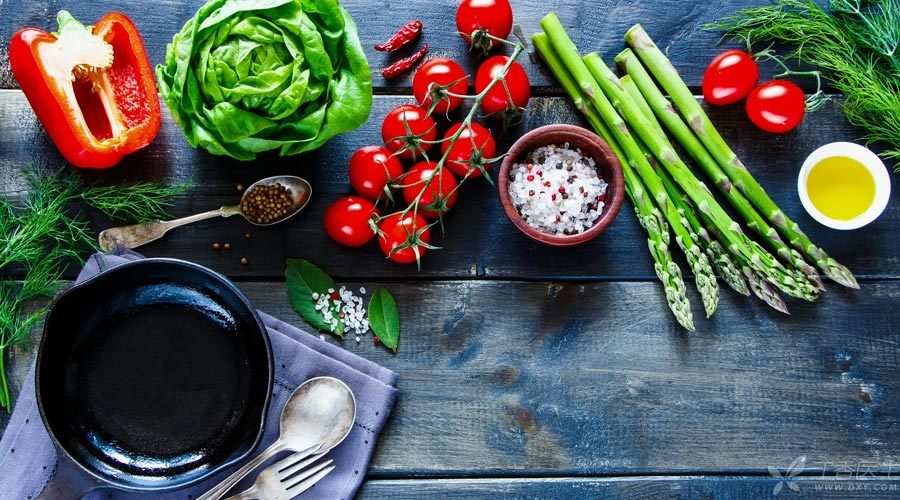
Now everyone’s living standard has improved, there is no need to worry about food and clothing, and there are more fat people.
Although it seems [fat = excess nutrition], in fact, according to the Chinese eating habits, we are still easy to lack some nutrition.
According to the survey results of < Report on Nutrition and Chronic Diseases of Chinese Residents (2015) > >, insufficient intake of calcium, iron, vitamin A, D and other nutrients accounts for a large proportion.
What are the specific nutrients lacking? How can I make up for it? Dr. Clove told you.
Calcium deficiency

As we all know, long-term calcium deficiency first affects bones, and many osteoporosis and fractures are caused by calcium deficiency.
In fact, calcium also participates in many physiological activities. The occurrence of many chronic diseases is related to calcium deficiency, which even affects people’s mental state.
Three Key Points of Calcium Supplement:
1. The best way is to supplement calcium through diet.
The main sources of calcium in diet are: milk (milk, yogurt, cheese), bean products (brine tofu, gypsum tofu, dried tofu, etc.), dark green leafy vegetables (rape, pakchoi, kale, etc.), sesame paste, nuts, small fish with bones, shrimps and shellfish, etc.
2. Drinking milk is a good habit
Considering the absorption and utilization of calcium, the best calcium supplement food is milk, which generally provides about 250 milligrams of calcium for every 250 grams of whole milk or 170 grams of yogurt.
According to the recommendation of < < Dietary Guidelines for Chinese Residents > >, it is recommended that everyone drink two cups of milk, 300 ~ 500g, every day.
3. Special groups can take calcium tablets directly,
If the calcium intake in the diet cannot meet the demand, it needs to be supplemented by dietary supplements (calcium tablets).
However, how to eat and how much to eat need to be based on specific conditions such as eating habits, distribution ratio and total energy to make an accurate judgment. If you have any questions, you may as well consult a professional doctor.
Iron deficiency

Many people know that iron deficiency can lead to anemia, and different people have different effects on iron deficiency. For example, iron deficiency in children can cause depression, dysphoria, anorexia, immunity decline, etc., and seriously affect brain development.
How to mend the iron? Remember three sentences.
Step 1 Eat red meat properly
Foods rich in iron include red meat (meat of mammals such as pigs, cattle and sheep), animal liver and animal blood products. Iron in these foods is relatively easy to absorb.
2. Eat more fresh vegetables and fruits
At the same time of supplementing iron, it is better to eat more foods rich in vitamin C, such as some fresh fruits and vegetables, which can be more conducive to iron absorption.
3. Babies also need iron supplements,
When babies add supplementary foods for 4 to 6 months, it is best to start with iron-fortified baby rice flour, and then gradually increase vegetable puree and meat puree instead of egg yolk, so as to avoid anemia and allergy.
Finally, I would like to remind you that whether to supplement iron depends not only on the index of hemoglobin, but also on the level of iron stored in the body (i.e. Ferritin). If hemoglobin is not low, but the stored iron is reduced, the intake of iron also needs to be increased.
Vitamin A and D deficiency

Vitamin A has a very strong physiological function. Normal vision, growth and development, epithelial tissue growth, etc. all depend on vitamin A.
Vitamin D can regulate the metabolism of trace elements calcium and phosphorus, which is the basis of bone health. In addition, vitamin D deficiency is also closely related to many diseases, including cardiovascular diseases, diabetes, hyperlipidemia, rheumatoid arthritis, chronic kidney disease, etc.
The content of vitamin D in natural foods is relatively low. According to Chinese eating habits, it is really difficult to meet the demand for vitamin D through three meals a day.
How to supplement vitamin A?
Foods with high vitamin A content include animal liver, milk and dairy products, animal eggs and dark green and red fruits and vegetables.
- Animal liver: eat 1 ~ 2 times a month, each time 100g (22) or less; Egg yolk: 4 ~ 7 eggs a week (if cholesterol is not high) more than 2 eggs a day are fine; Orange and red fruits and vegetables: just eat them often; Potato: 50 ~ 100g per day, which is recommended to account for 1/3 of the staple food; Dark green vegetables: at least half a kilo (250g) per day.
How to supplement vitamin D?
1. Supplementation through food
It is recommended that you eat some animal foods to supplement vitamin D, such as high-fat marine fish, fish eggs (seeds), animal liver, egg yolk, etc. In addition, butter and cheese are relatively rich, so you can eat more. (However, it should also vary from person to person, pregnant women, obesity and the elderly should pay attention to control the amount of food they eat)
Step 2 Get some sunshine
Avoid the strongest sunlight, let the skin contact sunlight for 5 ~ 10 minutes, 2 ~ 3 times a week.
Although sun exposure can promote human body to synthesize some vitamin D, considering working hours, sun protection conditions, air pollution and other factors, it is not recommended that people simply get vitamin D through sun exposure.
STEP 3 Take Vitamin Tablets Directly
If the source of vitamin D in your diet is very limited, you can also take the simplest and cruelest method to supplement vitamin D-take vitamin tablets directly. (Choose cod liver oil, AD mixture and vitamin D preparation according to different groups, and consult a professional doctor for specific conditions).
